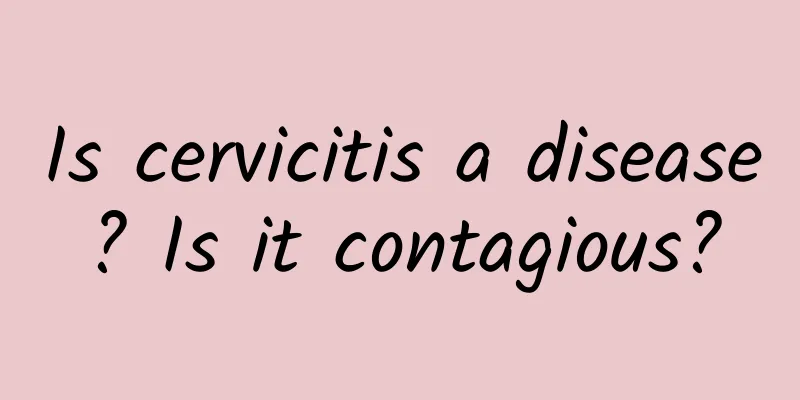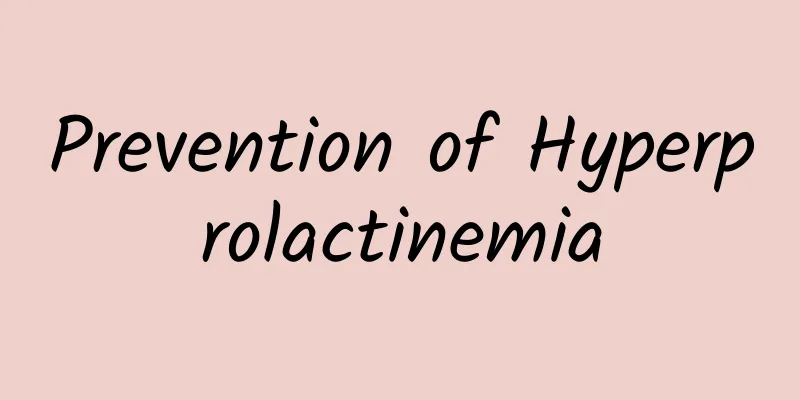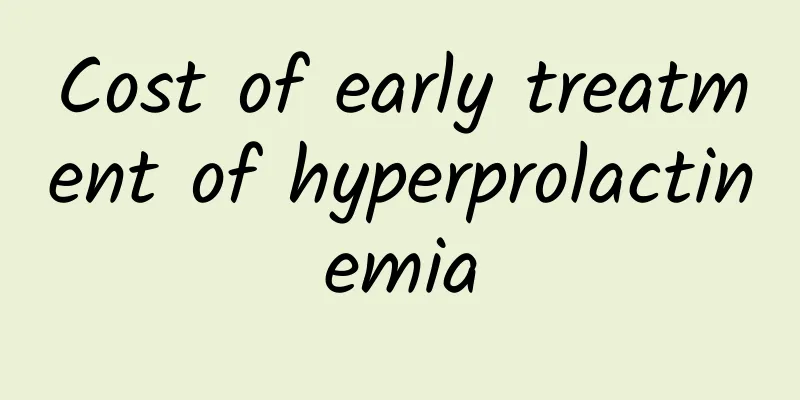What causes threatened miscarriage and how to treat it

|
Threatened abortion may be caused by genetic, environmental, physiological and pathological factors. Treatment focuses on preserving the pregnancy and correcting the underlying causes, and intervention must be performed under the guidance of a doctor. Genetic factors may be one of the root causes of threatened miscarriage, such as chromosomal abnormalities in the embryo, which account for the majority of cases. Environmental factors include long-term exposure to harmful substances, severe stress or high temperature exposure. Physiological factors may involve maternal endocrine disorders, such as luteal insufficiency or hypothyroidism, which can affect the development of the placenta and embryo. Pathological causes such as uterine malformations, cervical insufficiency or severe infections (such as toxoplasmosis) can also have an adverse effect on the duration of pregnancy. Regardless of the possibility, symptoms of threatened miscarriage such as vaginal bleeding or lower abdominal pain require prompt medical confirmation. Treatment measures are mainly aimed at preserving the fetus. Drug treatment includes the use of progesterone supplements (such as dydrogesterone) to correct luteal insufficiency, injection of human chorionic gonadotropin (HCG) to support pregnancy, and antibiotic treatment for infection. For patients with abnormal maternal hormone levels, reasonable regulation of thyroid function or blood sugar levels is also critical. Lifestyle adjustments are also very important. Bed rest, avoid heavy physical activities, keep a stable mentality, and avoid adverse environmental factors if necessary. To avoid the risk of miscarriage, pre-pregnancy check-ups are very important. Early screening for intrauterine malformations, infection risks and genetic factors can help you develop countermeasures. During pregnancy, you should take good care of your body and strengthen your nutrition, especially by taking foods containing folic acid and iron, such as lean meat and spinach, which can reduce the possibility of placental detachment. If any abnormalities occur, do not delay and consult a professional doctor as soon as possible to get a clear diagnosis and take active intervention. |
<<: The dangers of acute adnexitis
>>: What damage will happen to the uterus after miscarriage?
Recommend
Keep away from vaginitis by cleaning every day
Vaginitis is a disease that many women have exper...
Traditional Chinese Medicine for the Prevention and Treatment of Bleeding after Medical Abortion
In recent years, many academic experts have done ...
Lose weight easily after the New Year! You can do it with these 8 tips
I ate a lot during the Chinese New Year and my fa...
How to prevent premature menopause
Menstruation is a normal physiological manifestat...
What is the reason for missing menstruation?
What is the reason for missed menstruation? This ...
What should you not eat after recovering from uterine fibroids? What should you pay attention to after recovering from uterine fibroids?
What should you not eat after recovering from ute...
How to treat vaginal bleeding? How to prevent vaginal bleeding?
Studies have shown that the incidence of gynecolo...
The main characteristics of early symptoms of ovarian cysts
Symptoms of ovarian cysts may often be caused by ...
Can cervical erosion be cured with gynecological gel?
Cervical erosion generally refers to the ectopic ...
What should I do if I have senile vaginitis? Do I need to abstain from sex if I have senile vaginitis?
Senile vaginitis refers to vaginitis in postmenop...
Tang Yan's 3 magic tricks to maintain her looks: aerobics is her favorite
Tang Yan, a mainland actress known as one of the ...
A brief discussion on the harm of chronic cervicitis to female friends
Cervicitis is a common gynecological disease amon...
New Taipei City random inspection: Convenience store rice balls contain excessive E. coli
In May, the New Taipei City Government Health Bur...
Analysis of pathological examination of papillary chronic cervicitis Brief description of the method of examining chronic cervicitis
Early stage papillary cervicitis is not a serious...
What are the most common cases of bleeding after abortion in early pregnancy?
In the early pregnancy, the amount of bleeding du...









